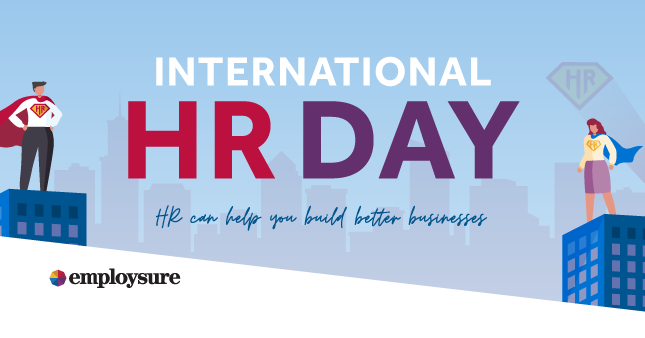
The Fair Pay Agreements Bill has been passed into law. The new bargaining system will take effect on 1 December 2022. This agreement system brings unions and employer associations together within a sector to bargain for minimum employment terms for all covered employees in an industry or occupation.[1]
Mr. Laurence McLean, Operations Manager from New Zealand, has released a statement further to this new law, “The potential impact on SMEs is substantial. They may need to participate in large-scale bargaining, with unions and employers much bigger than themselves, on agreements that could determine their survival. We expect that many SMEs will struggle to participate in the creation of Fair Pay Agreements.”
“The process will uplift the wages and working conditions of employees in a particular industry or occupation by setting minimum floors. They are achieved through a collective and representative bargaining process. A union can initiate bargaining with the agreement of 1,000 employees or 10% of the workforce or by meeting a public interest test for those workers who have chronically weak wage and or bargaining conditions.”
“Once the process is initiated, employee and employer representatives undergo bargaining to try to reach a mutual agreement. When they reach an agreement, the next step is for the employees and employers to vote on the agreement. Employers get one vote per employee who would be subject to the agreement. To counteract small business owners’ votes being undervalued, those employers with 20 or fewer employees get slightly more votes. If the vote is successful, the agreement is checked by the [2]Employment Relations Authority, which sets the terms of the agreement if the parties fail to reach an agreement.”
“The process does risk some SMEs not being able to substantively participate in the bargaining process. This could mean their voices and the roll-on effects on their business and staff are not properly considered, and any potential agreement does not accurately account for the impacts on small and medium businesses.”
“We are concerned that larger employers who are more comfortable with collective bargaining will eventually dominate the process. SMEs must ensure their views are part of the conversation, or it would be a loss for them and the New Zealand economy.”
[1] Fair Pay Agreements | Ministry of Business, Innovation & Employment (mbie.govt.nz)



